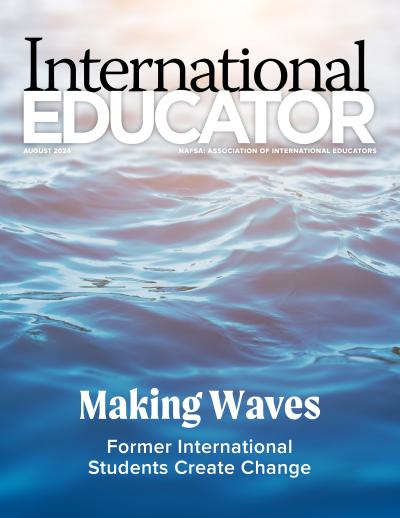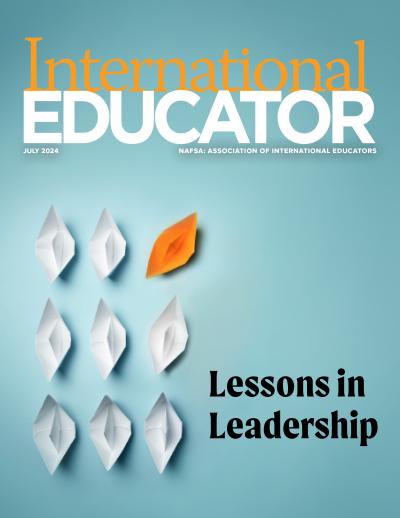STEM Students Go Abroad for Research and Internships
When applying for graduate school or their first jobs in academia or industry, students who major in one of the science, technology, engineering, and mathematics (STEM) fields traditionally have emphasized the technical knowledge and skills that they acquired during their university education.
However, twenty-first century science demands more than technical knowledge and skills. “International, cross-cultural teams define today’s academic science,” said Cheryl Matherly, vice provost for global education at the University of Tulsa (TU). To be successful, U.S. researchers must be globally competent and adept at collaborating with scientists in other countries.
Cross-cultural teams also define many industry jobs in the STEM fields, said Amy Henry, executive director of the Office of International Education at Georgia Tech (GT), which has launched a campuswide program to “globalize” the student body. “Companies want to hire college graduates with STEM degrees who have developed a broad global perspective and approach to problem solving,” said Henry.
STEM graduates whose résumés include international internships have an edge during job-hunting, added Jennifer Baird, director of TU’s Global Internship Program and International Plan. “Having a global perspective can influence the whole trajectory of a student’s future career,” she said. “It can open doors and help them obtain an international assignment or be appointed to head an international division.”
A global perspective also may influence the publication of scientific papers, said Yvonne Rudman, director for international partnerships and grants at Montana State University (MSU). Rudman referred to a recent University of Florida and University of Chicago analysis of











